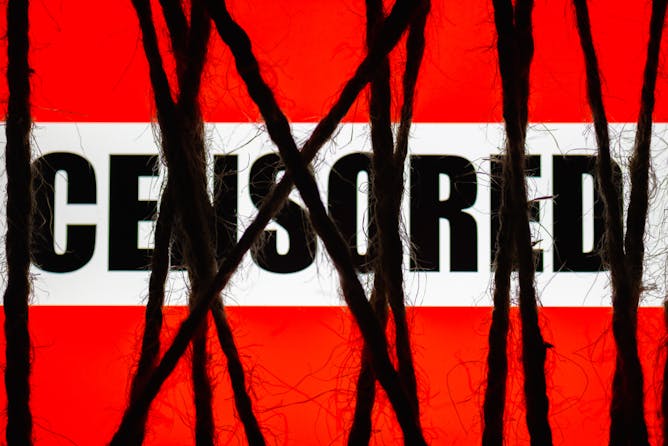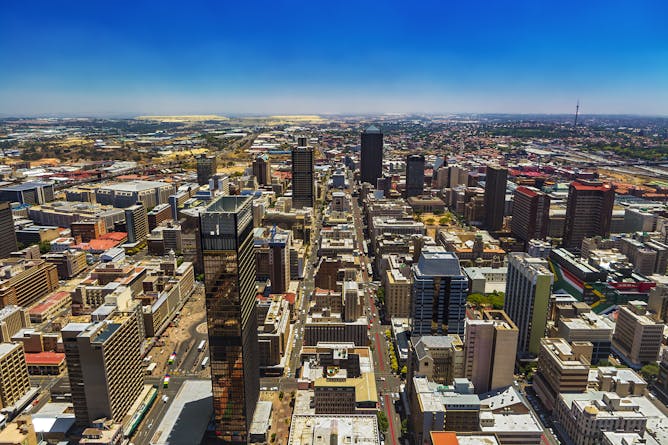|
Rwanda has banned political cartoons that humiliate government officials. While these cartoons are a key indicator of media freedom and a country’s democratic health, they can also be regressive. Daniel Hammett writes that cartoonists must remain sensitive to local histories.
It’s cheaper to provide services to people living in urban areas. But local authorities find it difficult to raise money to invest in infrastructure and need national government support. Kenya and South Africa have managed to get it right. Sarah Colenbrander and Ian Palmer explain.
All the best.
|

Censorship has been in the news again following Rwanda passing a new law.
Shutterstock
Daniel Hammett, University of Sheffield
Political and editorial cartoons are a key indicator of the democratic health of a country - but they can also be regressive.
|

Shutterstock
Sarah Colenbrander, University of Leeds; Ian Palmer
South Africa and Kenya have some valuable lessons for other African countries on how to finance urban infrastructure development.
|
Politics + Society
|
-
James Hamill, University of Leicester
The sympathetic take on Pik Botha as a man of peace and a frustrated democrat is a travesty.
|
|
Environment + Energy
|
-
Hartmut Winkler, University of Johannesburg
South Africa's sunshine and coastlines are ideal for renewable energy generation but the country's struggling to take advantage of this.
|
|
From our international editions
|
-
Julian Dobson, University of Sheffield
Green spaces can help to address loneliness. But they are highly vulnerable to austerity.
-
Yogi H. Hendlin, University of California, San Francisco
E-cigarettes are hotly debated because of the uncertainty of whether they are a gateway to cigarette smoking for teens, or an aid to smoking cessation. One thing is clear: They are not biodegradable.
-
Jeffrey Fields, University of Southern California – Dornsife College of Letters, Arts and Sciences
Critics say Trump's defense of Saudi Arabia in the Khashoggi affair betrays American values. But many presidents have cozied up to dictators, ignoring human rights abuses to serve US interests.
|
|